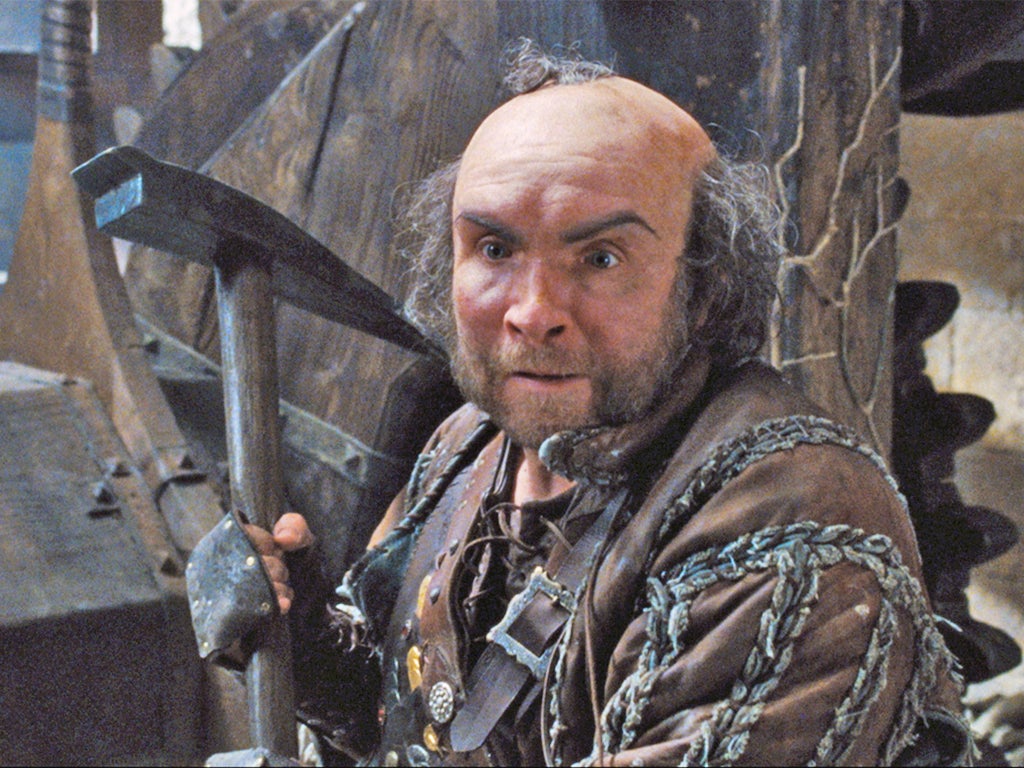Your support helps us to tell the story
From reproductive rights to climate change to Big Tech, The Independent is on the ground when the story is developing. Whether it's investigating the financials of Elon Musk's pro-Trump PAC or producing our latest documentary, 'The A Word', which shines a light on the American women fighting for reproductive rights, we know how important it is to parse out the facts from the messaging.
At such a critical moment in US history, we need reporters on the ground. Your donation allows us to keep sending journalists to speak to both sides of the story.
The Independent is trusted by Americans across the entire political spectrum. And unlike many other quality news outlets, we choose not to lock Americans out of our reporting and analysis with paywalls. We believe quality journalism should be available to everyone, paid for by those who can afford it.
Your support makes all the difference.The makers of a major new film about Snow White are facing stern criticism – and a "100-midget march" – from the disability rights lobby for using fully-sized British actors to play the seven dwarfs.
Advocates from the pressure group Little People of America issued a statement arguing the film industry should be casting actors with dwarfism as "characters that were written to be played by short people".
The movie Snow White and the Huntsman, which opened in the US last week and is currently at the top of the box-office charts, instead used actors such as Ray Winstone, Bob Hoskins Ian McShane and Eddie Marsan in the roles.
"This is akin to blackface," complained Danny Woodburn, an actor with dwarfism best known for his role on Seinfeld, in an interview with The New York Post.
In Los Angeles, a "dwarf theatre group" called Beacher's Madhouse said yesterday it was organising a "100-midget march" to the offices of Universal Pictures, the producers of the film, in protest against the "injustice and prejudice".
A spokesman for Universal argued the use of normal-sized actors was "a casting decision, not a body-type decision", adding that Hoskins and his colleagues "came with pedigrees and recognisability".

Join our commenting forum
Join thought-provoking conversations, follow other Independent readers and see their replies
Comments